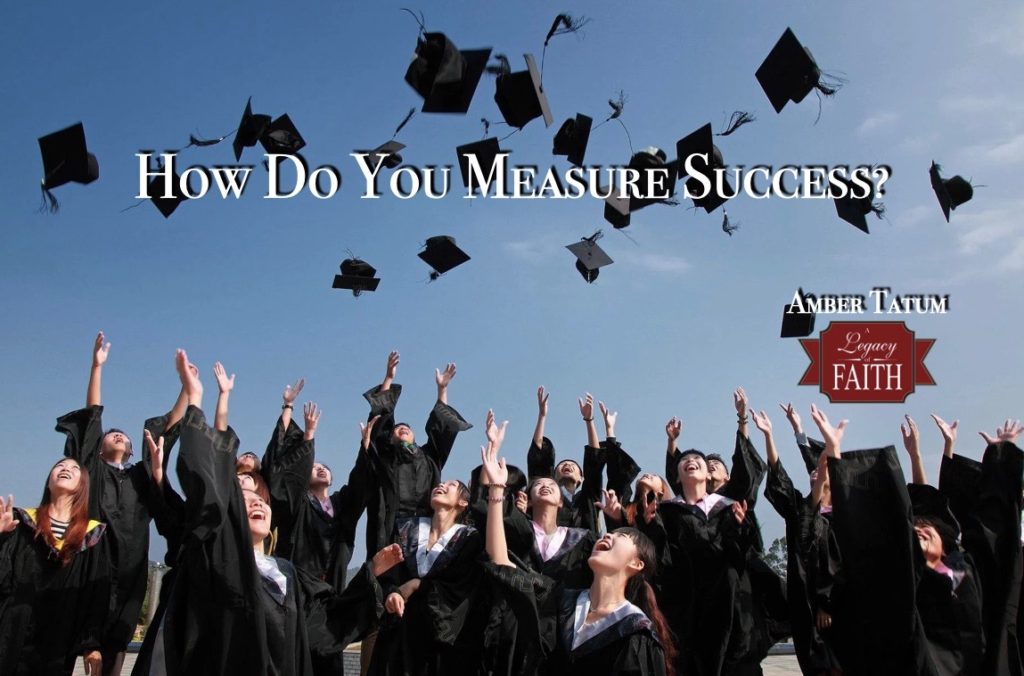How Do You Measure Success?
I’m a teacher and it is spring. That means that thoughts are continually turning toward those “end of the year assessments” that states require in order to see if students have made adequate progress. Of course, this year we are all interested to see what happens after an abbreviated school year in 2019-2020 and such unusual teaching conditions in 2020-2021. Some students are just now going back to in-classroom learning while others have been there all year. Some teachers have perfected the art of “remote teaching” while others are trying to survive while teaching both remote students and those in the classroom with them.
Testing is not a foreign concept to teachers. We probably test too much. We do formative assessments to see what the kids don’t yet know, progress monitoring to see how they are growing, and summative assessments to see if they got what we gave them. And we often measure our (and their) success based on these results. The same is true in the business world. There are margins and profits, goals, and standards, and a person’s–or company’s–success is measured by which standards they meet or goals they exceed.
Is this really all there is to measuring success in life? In his recent lecture for the Freed-Hardeman Annual Bible Lectureship, Jim Gardner talked about measuring success in light of the early verses in Ecclesiastes 11. One point he made was that if we are measuring something just because that is something you can measure but it’s not really your aim, it hasn’t told you anything. That is one of the frustrations for teachers: are these tests really measuring what my students know in a practical way? As a special educator, I’d like to think I teach my students much more than how to read or spell or do simple math calculations. I want them to be successful … beyond those basic educational goals. I want them to function and be happy in society.
All of these thoughts really culminated in the following quote from Dr. Gardner. In it, I believe, is really the definition or most accurate way to measure success in this life for all of my efforts. If I can answer yes to his question, then no matter the TNReady score of my students or the profits of my business, I – and more importantly God – will count my efforts a success: “Are people going to heaven who would not otherwise go?”
“This is good, and it is pleasing in the sight of God our Savior, who desires all people to be saved and to come to the knowledge of the truth.” (1 Timothy 2:3-4)
To Receive Every Article from A Legacy of Faith through Email for Free, Click Here
AUTHOR: Amber Tatum



